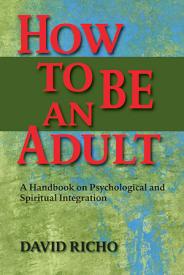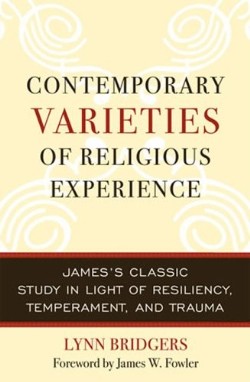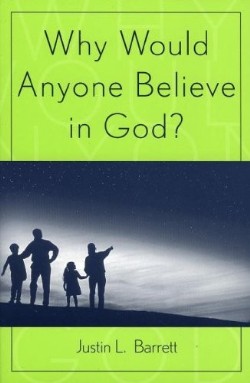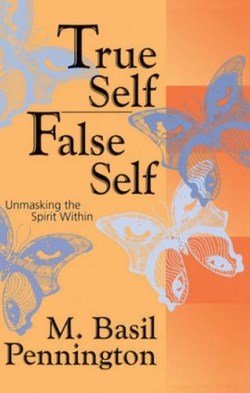Psychology
Showing all 5 resultsSorted by latest
-
Contemporary Varieties Of Religious Experience
$49.00Add to cartIntroduction
Evolution Of A Pluralist
James’s Conversion Typology
Prophets
Monks
Mystics
Between Me And My God
Additional Info
First published in 1902, William James’s Varieties of Religious Experience is considered a classic in religious studies and the psychology of religion. But how has James’s classic study weathered decades of development in psychology and behavioral sciences? Do the assertions about religious experience in the Varieties still ring true in light of neuro-cognitive and neuro-hormonal research, resiliency studies, studies of temperament, and traumatic studies? By extending William James’s own research throughout the century since its publication this volume seeks to answer those questions. In doing so, it revolutionizes our understanding of James’s own view of psychology and reveals the extraordinary value of James’s perspective for religion, psychology, and spirituality today. In doing so, it offers vital insights for pastoral care and faith development at both the individual and congregational level.From the Introduction by James Fowler:
Drawing on the authenticity of her own experience, Bridgers carries us into a remarkably clear and well documented account that traces William James’s evolution as a psychologist, philosopher, and a deeply engaged inquirer into the dynamics of spiritual development and transformation… This book has a major contribution to make. Bridgers’s study illumines the horizons of contemporary research in the study of religious experience, in all its varieties, and in the context of globalization.
-
Why Would Anyone Believe In God
$40.00Add to cartPreface
What Does It Mean To “believe”?
Where Do Beliefs In Gods Come From? Religious Concepts As Minimally Counterintuitive
Where Do Beliefs In Gods Come From? Finding Agents Everywhere
Where Do Gods Come From? Additional Factors That Contribute To Gods’ Credibility
How Religious Actions Enhance Belief In Gods
The Naturalness Of Belief In God
The Naturalness Of Believing In Minds: An Analog For Understanding Belief In God
Why Would Anyone NOT Believe In God?
In Conclusion
Additional Info
Because of the design of our minds. That is Justin Barrett’s simple answer to the question of his title. With rich evidence from cognitive science but without technical language, psychologist Barrett shows that belief in God is an almost inevitable consequence of the kind of minds we have. Most of what we believe comes from mental tools working below our conscious awareness. And what we believe consciously is in large part driven by these unconscious beliefs. Barrett demonstrates that beliefs in gods match up well with these automatic assumptions; beliefs in an all-knowing, all-powerful God match up even better. Barrett goes on to explain why beliefs like religious beliefs are so widespread and why it is very difficult for our minds to think without them. Anyone who wants a concise, clear, and scientific explanation of why anyone would believe in God should pick up Barrett’s book. -
True Self False Self
$16.95Add to cartConnecting his own powerful spirituality with the humanism of de Chardin and the contemplative wisdom of Merton, Pennington deftly uncovers the direct route to happiness and peace our age so desperately seeks. M. Basil Pennington is a Trappist monk at St. Joseph’s Abbey in Spencer, Massachusetts, and the author of Lectio Divina and Living in the Question. In this brief but illuminating work, Pennington sheds light on the spiritual practice of transformation, which for Christians comes under the auspices of the Holy Spirit. Pennington wants us to love ourselves for God’s sake and to take seriously the transformations that the Holy Spirit is working within us.
-
Jung And Christianity
$24.95Add to cartMany men and women today are experiencing a crisis of meaninglessness. Religion has traditionally supplied the framework for the individual’s quest for meaning, but the institutional church seems unable to perform this function for many twentieth century people.





